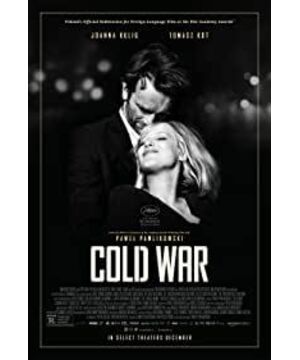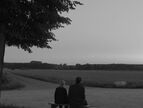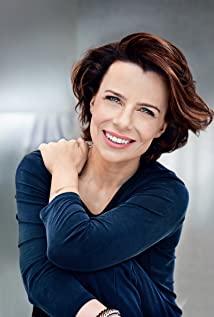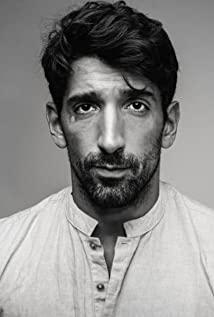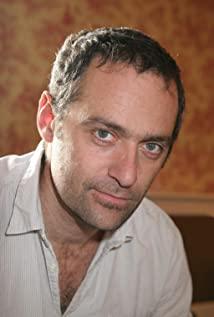The script completely blurs the Cold War background of ideological confrontation, weakens the core events, and even simplifies the existence of supporting characters. The narrative is completely revolved around the "love" of the male and female protagonists. If you look at the incident as the center, the plot of the film will have a strong sense of fragmentation. In fact, if you only look at the love line, it is still relatively coherent.
The role of black and white images is not visible from the audiovisual (the sense of history, the cold texture is there), because the script is split in the event, it is particularly important to make up for the image, and the director of this film has a very strong ability to tell stories with pictures . For example, after the female protagonist in Paris left the male protagonist, there was a scene where the male protagonist was playing the piano in the jazz karaoke hall where he worked, and the sound was the male protagonist's passionate piano performance. The state of the Lord is all there. (Looking at this, you will think that "La La Land" also has similar bridges. The lens of La Lai is not so concise and powerful. Of course, the type of film is different)
My personal favorite is the use of the theme song about heart (the specific name is forgotten). This song runs through the whole and has different emotional expressions at different stages of the film (the director specially used different arrangements in order to highlight the different emotions, such as the initial folk song cappella and the later jazz style), there is a lyric in it that is probably "My dear boy, my mother won't let us be together." After the male lead went to Paris, the female lead was saddened when she sang this line. The "mother" here can be a pun on the motherland.
In the ending part, the director wanted to be ambiguous. Although the symbols of the church and the icon echoed before and after, the middle explanation was insufficient.
View more about Cold War reviews


